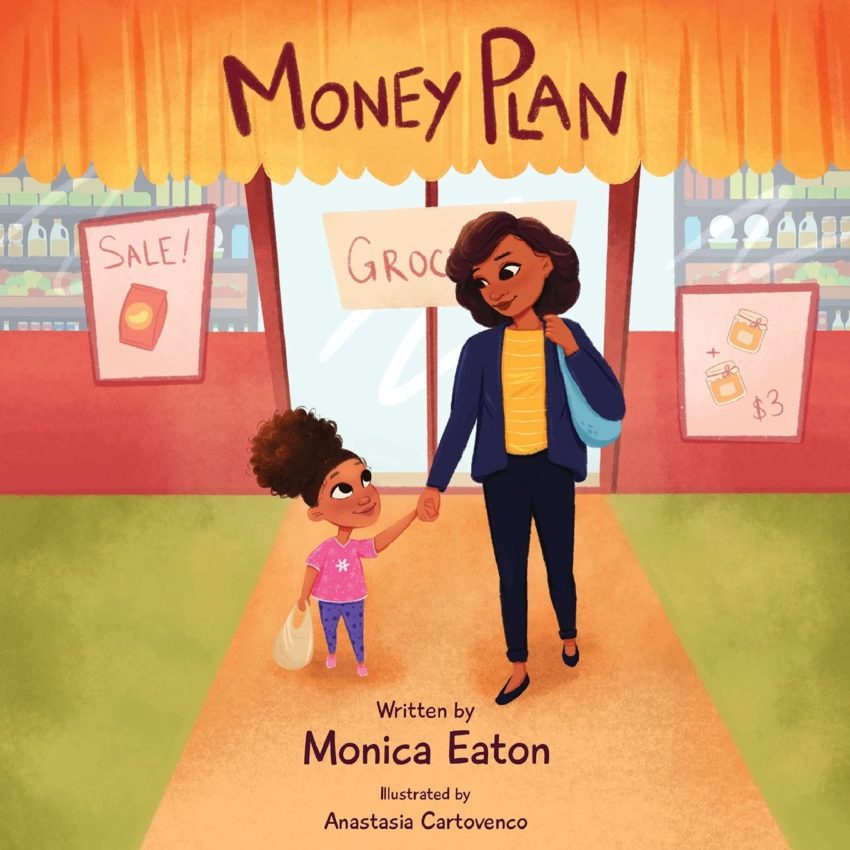
If you have been contacted by Portfolio Recovery, it is important to approach the situation in an intelligent, informed manner. Knowledgeable individuals might find guidance in valuable resources such as The Money Plan Book, but many others might feel stressed and uncertain about how to handle these calls.
Understanding Portfolio Recovery
Portfolio Recovery Associates is a debt collection agency. They purchase unpaid debts from various creditors which can include credit card companies, retail stores, or auto loans providers. Once they have purchased this debt, they will attempt to collect payment from the debtor – who may be you.
The Fair Debt Collection Practices Act
The Fair Debt Collection Practices Act (FDCPA) was passed to address abusive collection practices. This law regulates how and when a debt collector may contact you. Familiarize yourself with your rights under this act. If Portfolio Recovery violates any of these provisions, you have the right to file a complaint.
No Response Is Not a Solution
Avoiding calls from Portfolio Recovery will not make your debt go away. In fact, it could lead to more severe consequences like a lawsuit. It is crucial that you are proactive when dealing with these situations.
Verifying The Debt
Before making any payments, verify the debt is actually yours. The law grants you the right to ask for proof the debt belongs to you before making any payment commitments.
Negotiating with Portfolio Recovery
Once validated, negotiating the terms of your debt payment is possible. Be sure to negotiate realistically based on what you can afford to pay.
Making Payments
You should only make payments after agreeing on terms and securing the conditions in writing. Never give access to your bank account directly; instead, choose a method that gives you full control like money orders or certified checks.
Beware of “Zombie” Debts
A “zombie” debt is an old debt resurrected by collection agencies, often past its statute of limitations. Be careful not to pay on these debts as it revives the timeframe in which legal action can be taken against you.
Seeking Legal Advice
If the situation becomes complicated or if your rights have been violated, seek advice from an attorney specializing in consumer law. They can help guide you through this process and protect your interests.
Involvement of Credit Bureaus
Debts handed over to collection agencies generally damage your credit score. Paying off this debt may not immediately repair your credit rating but it can prevent further damage.
Preventing Future Contacts
Once your debt has been settled, Portfolio Recovery should not contact you again pertaining to this specific account. However, if they hold any other accounts under your name, they may still contact you about these debts.
Your Smart Money Plan
Taking care of past debts is only one step towards financial stability. Learning how to effectively manage your money will prevent future debt and unnecessary stress. Establish a budget, build an emergency fund, and start saving for retirement are all parts of a smart money plan.
Wrapping It Up
Dealing with calls from Portfolio Recovery can certainly be overwhelming and stressful. Yet, with insights shared here, it might give you some peace of mind and guide you on how to handle such situations smartly. You are well within your rights to verify your debt, negotiate, and seek legal help if needed. Wisdom truly lies in embracing a proactive approach to paying off any debts you owe and laying the groundwork for a stable financial future.